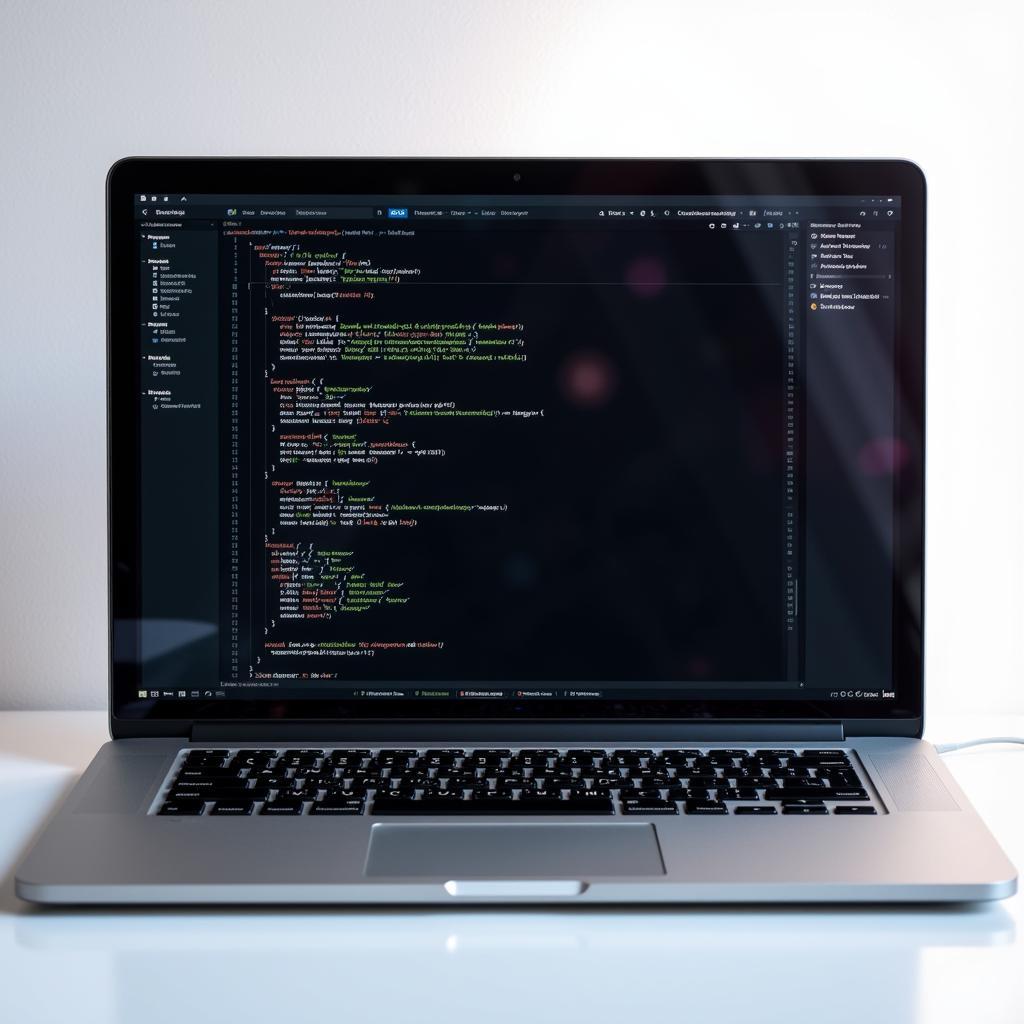If you’re an Android developer, you know the pain of waiting for a slow APK build. Nothing kills productivity like staring at a progress bar crawl along. “Android Studio Build Apk Chậm” is a common search term for developers struggling with this issue. This article dives into why your Android Studio APK builds might be slow and, more importantly, how to fix it.
Understanding the Bottlenecks
Before we jump into solutions, it’s crucial to understand what causes slow APK build times. Common culprits include:
- Hardware limitations: Your computer’s processing power, RAM, and hard drive speed significantly impact build times.
- Project size and complexity: Larger projects with many dependencies and complex layouts take longer to build.
- Inefficient Gradle configuration: Gradle, Android Studio’s build system, can sometimes be the bottleneck if not configured optimally.
- Background processes: Other programs running in the background can compete for resources, slowing down your builds.
- Outdated software: Using an older version of Android Studio or outdated plugins can contribute to sluggish performance.
Optimizing Your Development Environment
The first step is to optimize your development environment for speed:
- Upgrade your hardware: Consider investing in a computer with a faster processor (multi-core recommended), more RAM (16GB or higher), and a Solid-State Drive (SSD).
- Use a lightweight IDE: While Android Studio is the official IDE, consider using a lightweight code editor like Visual Studio Code for smaller tasks or code editing.
- Close unnecessary programs: Before you start a build, close any applications you’re not using to free up system resources.
 Laptop representing a powerful development environment for Android Studio
Laptop representing a powerful development environment for Android Studio
Fine-Tuning Your Gradle Configuration
Gradle is the engine that powers your builds, and tweaking it can significantly impact build speed. Here’s how:
- Enable Offline Mode: Go to File > Settings > Build, Execution, Deployment > Gradle, and check Offline work. This prevents Gradle from downloading dependencies every time you build.
- Use the latest Gradle version: Keep your Gradle plugin and Gradle wrapper updated to benefit from the latest performance improvements. You can do this under File > Project Structure > Project.
- Configure parallel builds: Enabling parallel builds allows Gradle to utilize multiple processor cores. Add
org.gradle.parallel=trueto yourgradle.propertiesfile. - Minimize module dependencies: Review your project structure and try to reduce inter-module dependencies, as they can slow down builds.
Speeding Up Build Time Within Android Studio
There are also specific settings within Android Studio that can help:
- Enable build caching: Go to File > Settings > Build, Execution, Deployment > Compiler, and check Compile independent modules in parallel.
- Use Instant Run selectively: While Instant Run can speed up incremental builds, it can sometimes slow down clean builds. Consider disabling it for clean builds.
- Optimize build variants: If you’re working with multiple build variants (e.g., free and paid versions), only build the one you need during development.
- Clean and rebuild: Sometimes, a simple clean and rebuild (Build > Clean Project, followed by Build > Rebuild Project) can resolve strange build issues and improve speed.
Advanced Optimization Techniques
For even faster build times, consider these advanced techniques:
- Use ProGuard or R8: These tools shrink, obfuscate, and optimize your code, resulting in a smaller APK and potentially faster builds.
- Implement build analysis tools: Tools like Gradle Profiler can help you identify bottlenecks in your build process.
- Leverage cloud-based build services: Services like Google Cloud Build can significantly reduce build times by offloading the work to powerful cloud servers.
Conclusion
Don’t let slow APK builds hinder your development flow. By understanding the common causes and implementing the optimization techniques outlined in this article, you can dramatically reduce your build times and get back to what you do best: building amazing Android apps.
FAQs
Q: Why are my builds slow even after upgrading my hardware?
A: While hardware plays a role, inefficient Gradle configuration and large project size can still contribute to slow build times.
Q: What is the best way to find the exact cause of my slow builds?
A: Use build analysis tools like Gradle Profiler to pinpoint the bottlenecks in your specific build process.
Q: Is it always necessary to use the latest Gradle version?
A: While using the latest version is generally recommended for performance improvements, ensure compatibility with your project’s dependencies before upgrading.
Need more help with your Android Studio builds? Contact us at Phone Number: 0977693168, Email: [email protected] Or visit us at 219 Đồng Đăng, Việt Hưng, Hạ Long, Quảng Ninh 200000, Việt Nam. Our customer support team is available 24/7.